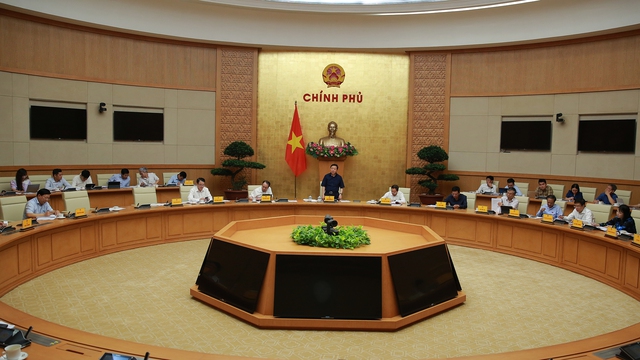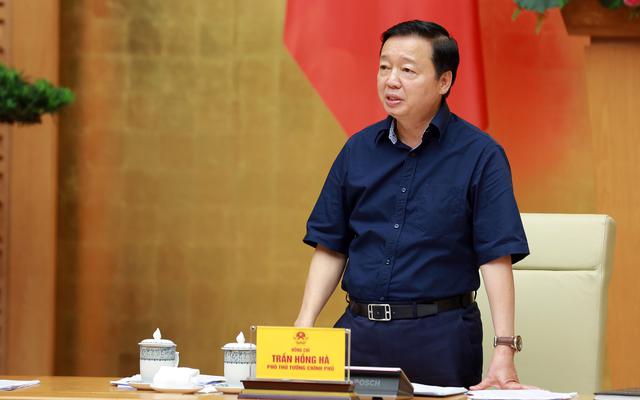Vietnam's Deputy Prime Minister Tran Hong Ha chaired a government meeeting with various industry and local authority leaders on May 9 in an effort to implement the 2024 Land Law ahead of schedule, along with a series of pilot resolutions designed to tackle pressing issues faced by local communities and businesses.
This comes amidst a national push to streamline land-use regulations and stimulate economic activity.
Early Implementation and Decentralization
The Vietnamese government is working to enact the 2024 Land Law by July 1st, 2024, a full six months earlier than its original January 1st, 2025 deadline.
In parallel, draft resolutions are being prepared to empower Provincial People's Committees to enact provincial planning implementation plans, marking a significant devolution of authority from the central government.
Deputy Minister of Planning and Investment, Tran Quoc Phuong, confirmed that the necessary documents are being expedited to meet the ambitious timeline.
Local leaders have expressed support for these measures, particularly a pilot resolution that would decouple compensation, support, resettlement, and site clearance into independent projects. This move is expected to expedite project preparation and curb land speculation.

Innovative Solutions for Land Use Challenges
The government is also exploring innovative solutions to long-standing land-use challenges. One proposed pilot resolution aims to facilitate the development of commercial housing projects on land not originally designated for residential use.
This is expected to unlock value from land currently used for production, business, commerce, or services but rezoned for residential purposes due to urban planning changes.
Deputy Minister of Natural Resources and Environment, Le Minh Ngan, suggested prioritizing this pilot in urban areas with approved urban development plans.
While local authorities have welcomed the initiative, they have also called for strict regulations on the proportion of such projects to ensure alignment with broader housing development goals.
Clearing Obstacles for Investment
Deputy Prime Minister Ha stressed the need to streamline site clearance procedures for investment projects. He urged local authorities to identify specific group B and C projects that would benefit from separate site clearance processes and secure the necessary funding for their implementation.
The Ministry of Planning and Investment, in collaboration with the Ministry of Natural Resources and Environment, has been tasked with finalizing the documents required for the National Assembly to pass resolutions on decentralization and other pilot initiatives.
Transforming Land Use for a Prosperous Future
The 2024 Land Law, along with the accompanying pilot resolutions, represents a significant step forward in Vietnam's efforts to modernize its land-use framework. By accelerating implementation and embracing innovative solutions, the government aims to create a more efficient, transparent, and equitable land market that will fuel sustainable economic growth and improve the lives of its citizens.









 Google translate
Google translate